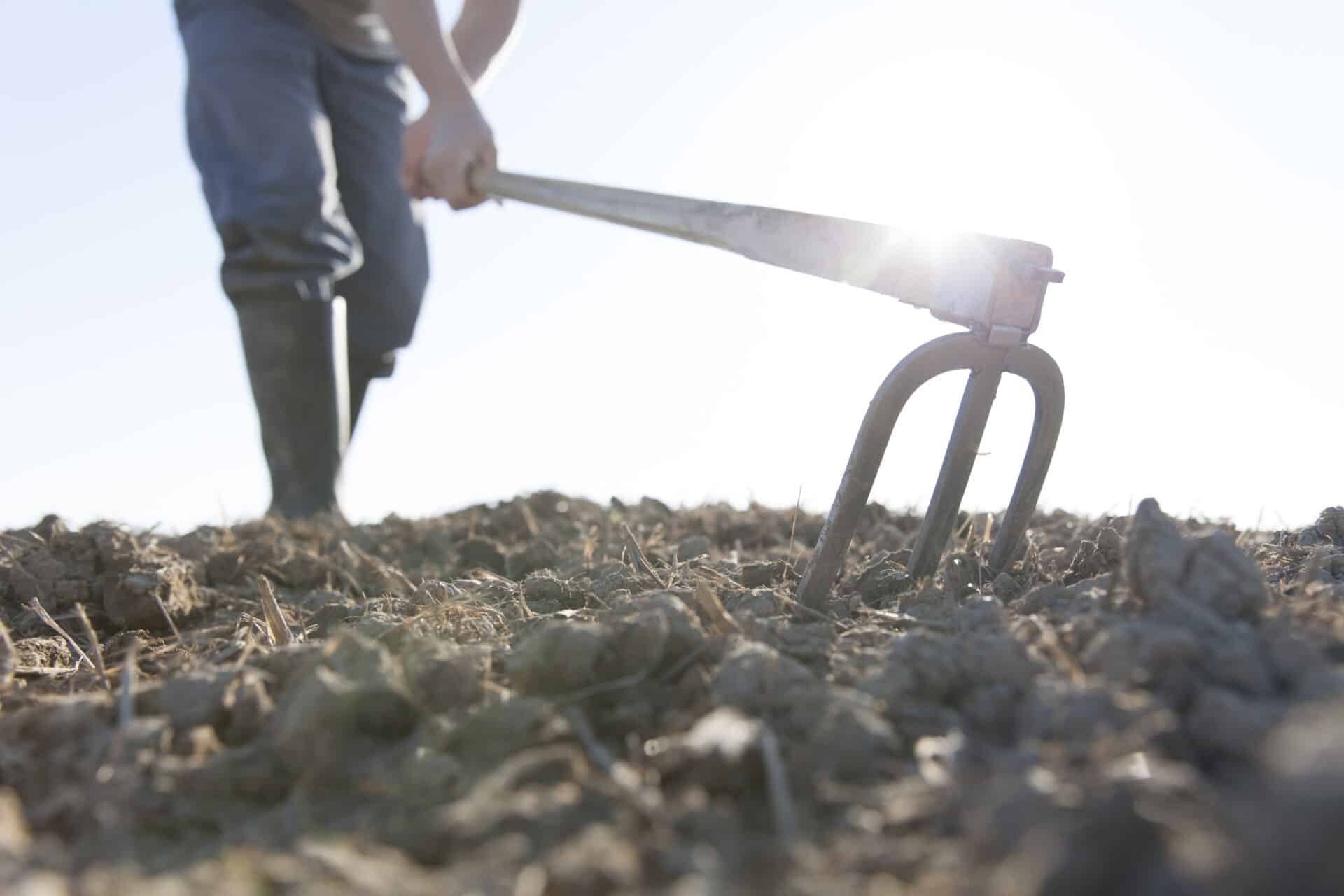EU leaders want to make food security top priority for 2024-2029 strategic agenda
By Sofia Sanchez Manzanaro | Euractiv
Est. 3min
Apr 9, 2024 (updated: Apr 10, 2024)
Content-Type: News

The Strategic Agenda, which defines the EU’s priorities for the 2024-2029 mandate and provides guidance for the Brussels-based institutions, will be adopted by the 27 heads of state and government during the European Council meeting of 27-28 June. [EPA/OLIVIER HOSLET]
Euractiv is part of the Trust Project >>>
EU leaders are expected to put food security at the heart of the bloc’s agricultural policy for the next five years, according to a leaked draft of the EU’s Strategic Agenda seen by Euractiv.
The programme defines Europe’s priorities for the 2024-2029 mandate, providing guidance to the EU institutions, and will be adopted by the 27 heads of state and government during the European Council meeting on 27-28 June.
The internal document, created on 27 March, predates the most recent exchanges between the EU leaders, and points to food security as a key priority for a “prosperous and competitive Europe,” despite the issue hardly being discussed at EU summits in recent years.
“Ensure our food security through a vibrant agriculture sector,” reads one of the bullet points of the draft outline.
The two-page text does not explicitly reference the sustainability of the agricultural sector or the protection of the environment, even though it prioritises “preparing for the new realities stemming from climate change.”
From sustainability to security
This initial draft marks a departure from the 2019 priorities, which included “promoting sustainable agriculture” and “calling on all EU countries to move forward and step up their climate action”.
In response to widespread farmer protests across the EU, the European Commission has already shelved or backtracked some of its plans to improve the sustainability of the farming sector in recent months.
Faustine Bas-Defossez, director for health, nature, and environment at the European Environmental Bureau (EEB), described the absence of sustainable agriculture in the leaked 2024 agenda as “deeply troubling”.
“By prioritising’ food security’ over sustainability in agriculture, EU leaders are ignoring the reality that climate change and natural disasters pose the greatest threats to our food security,” she warned.
A study commissioned by the European Parliament’s Agricultural Committee found that while food availability in the EU “is not generally considered to be at risk,” the bloc relies too heavily on imports from a reduced group of suppliers for animal feed and fertilisers.
According to the report, those dependencies, exacerbated by an uncertain geopolitical situation and climate change, could threaten the long-term resilience of the EU food system.
The study however also found that sustainable farming practices, such as organic agriculture and the promotion of lower consumption of animal products, could decrease the bloc’s need for imports.

EU is too dependent on animal feed and fertiliser imports, warns Parliament study
The EU remains heavily reliant on animal feed and fertilisers imports from outside the bloc, as highlighted in a recent study commissioned by the European Parliament’s Agriculture Committee (AGRI).
[Edited by Angelo Di Mambro and Rajnish Singh]
